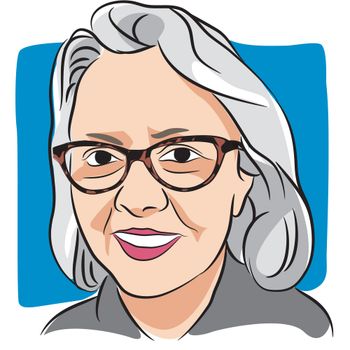
Having role models who illustrated body positivity helped me feel more acceptance of changes after my mastectomy.

Having role models who illustrated body positivity helped me feel more acceptance of changes after my mastectomy.

I was told that after five years in remission, my cancer would be behind me. However, I was not told what life would be like after that milestone.
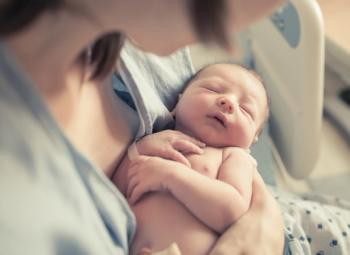
Contrary to past research, blood cancer survivors may have safe and successful pregnancies up to 10 years after an allogeneic stem cell transplant.
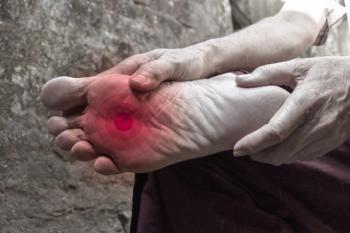
A computer model may help predict which patients with breast cancer are more likely to experience neuropathy from taxane therapies.
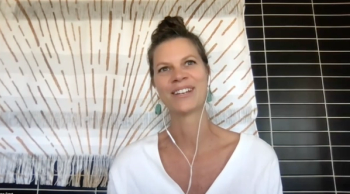
Dana Frost, a cancer survivor and grief advocate, said writing about survivors’ guilt and connecting with others feeling the same way was therapeutic.
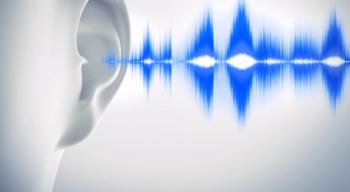
For survivors who had received cisplatin chemotherapy, an expert advised routine hearing checks and wearing earplugs in loud places to maintain hearing.
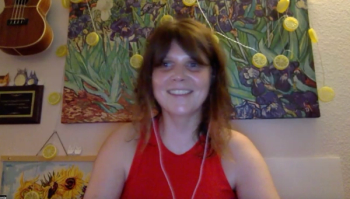
Talking about the good, bad and ugly aspects of cancer on social media is “the most healing part of this community,” a survivor said.
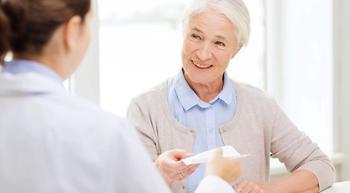
Survivorship, when talking about cancer, is defined not just by the end of treatment, but by the entire journey that follows initial diagnosis.
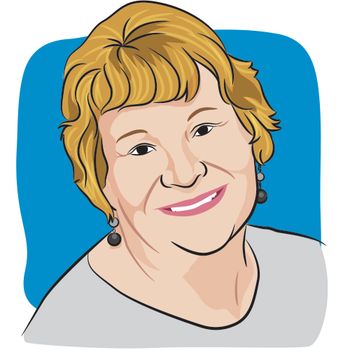
As a cancer survivor, I realize that life doesn’t always go the way we think it will, but it doesn’t erase the guilt.

Staying positive while receiving cancer treatment for non-Hodgkin lymphoma helped me feel grateful for happy moments.
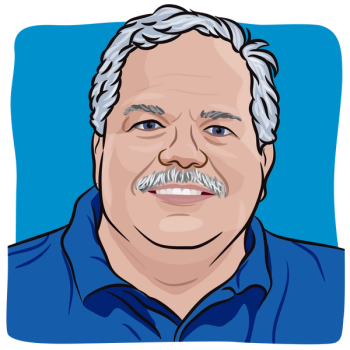
Experiencing losing a friend to cancer in the cancer community is never easy, but it’s OK to allow your heart to break.
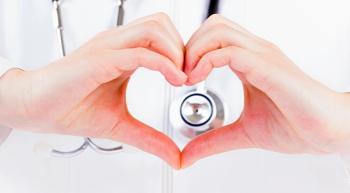
Medical school didn't teach me how to help patients find hope during tough times.

Meditation helped me quiet my mind and adopt a positive mindset after being diagnosed with cancer.
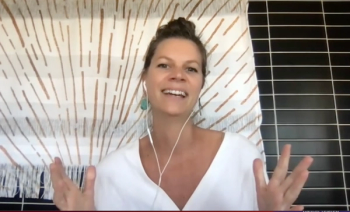
After a cancer diagnosis, toxic positivity can be unhelpful, though forced joy may bring light to a difficult situation, a survivor and advocate said.
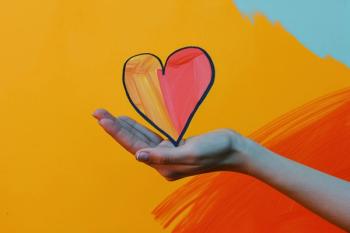
I expected chemotherapy, radiation and surgery to be difficult, but I felt totally lost after treatment ended.
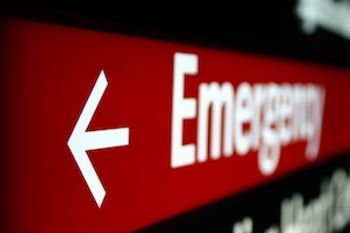
Nearly 40% of AYA cancer survivors visit an emergency department within five years after diagnosis for reasons including headache and chest pressure.
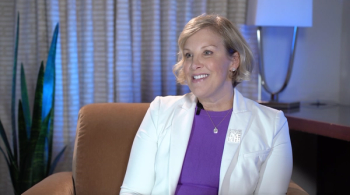
Leaning on a community of oncology nurses, other patients and survivors can help ease the burden of receiving a cancer diagnosis, said Kristen Dahlgren.

I must admit when people call us cancer survivors "strong," it's a double-edged sword.
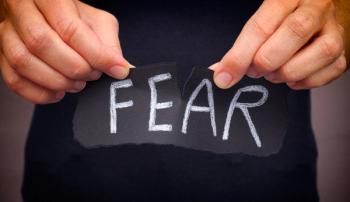
Many cancer survivors experience fear of recurrence, even years into survivorship, so here are ways to help manage and face this fear.
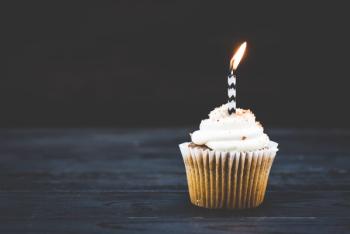
"Moments feel better when they are stolen," wrote a cancer survivor.
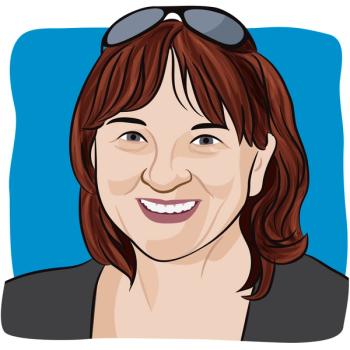
Undergoing cancer treatment is like pulling weeds — we hope we got the last of it and it does not return, but we can never be sure.
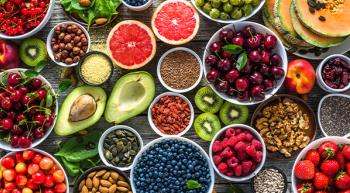
It’s key for patients with cancer to avoid certain food items, such as artificial sweeteners, as they increase junk food cravings, an expert said.
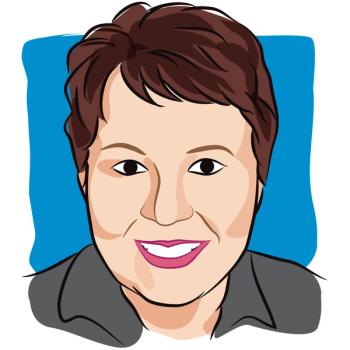
When innovation meets creativity, you never know what might happen, notably as a breast cancer survivor!

Last week we saw some FDA approvals come through, as well as research that explored the psychosocial outcomes of individuals who survived pediatric rhabdosarcoma.
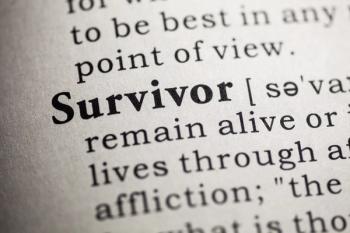
As a three-time cancer survivor, I wonder: are my roots damaged or resting to find their way?
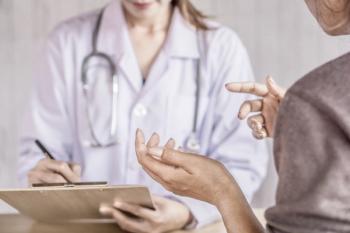
Attending follow-up appointments as blood cancer survivors can help prevent more dangerous outcomes, including secondary cancers, an expert told CURE®.
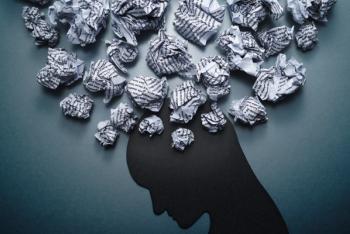
Survivors of rhabdomyosarcoma may be at higher risk for poorer psychological outcomes, that radiation therapy and smoking may worsen.
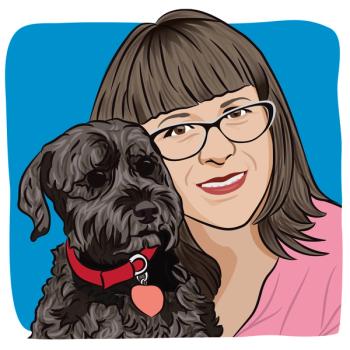
This March marks 10 years since my diagnosis of de novo metastatic breast cancer and four years since my cancer has been stable.

Cancer is such a life-altering event, that it’s hard to fathom being able to forget all memories associated with it, but I did my best to make it happen.
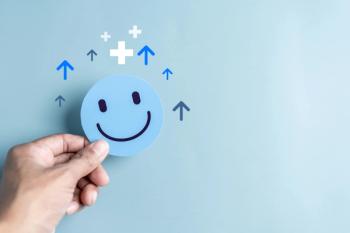
In our issue of Heal Spring, we bring awareness to important topics, such as mental health after cancer treatment and how survivors can mend their minds.